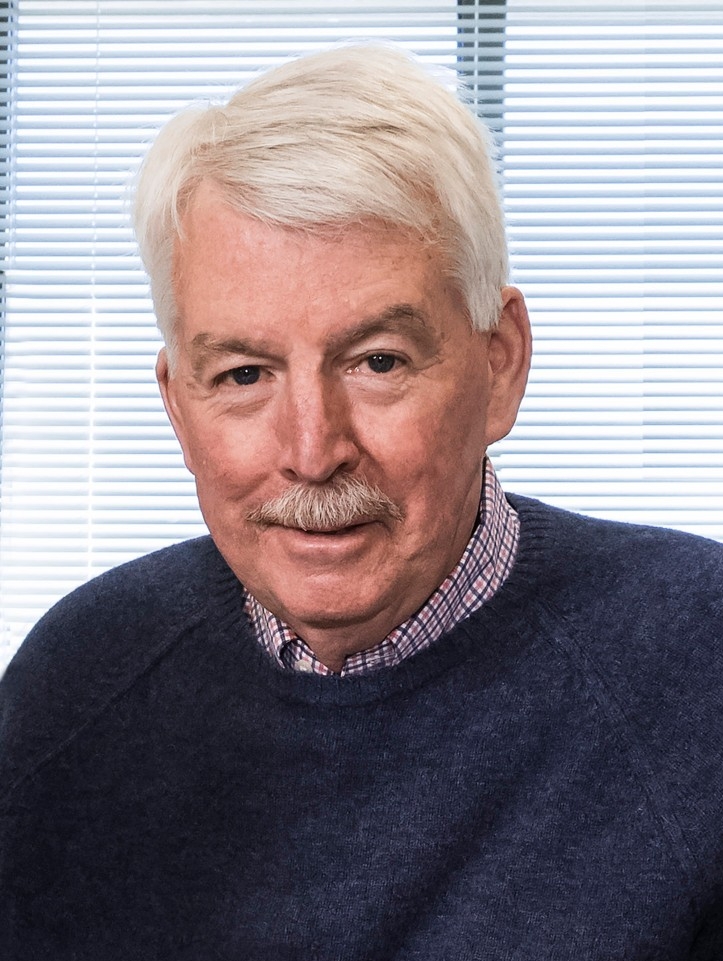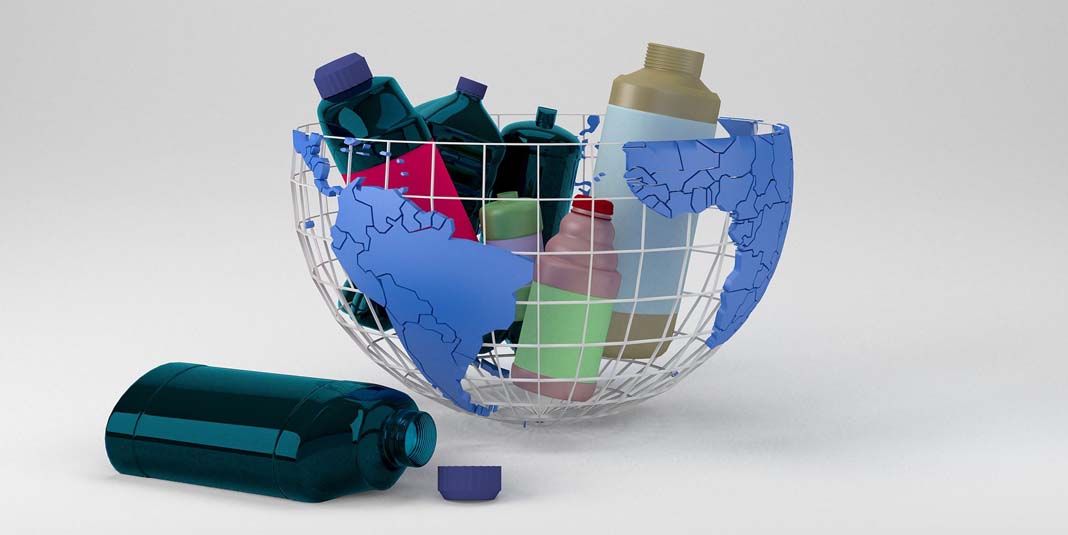The Global Observatory on Pollution and Health at Boston College and an international team of researchers are launching a study of the hazards plastic products pose to global human health across the continuum of their production, use, and disposal, according to observatory director Professor of Biology Philip Landrigan, M.D.
More than 400 million metric tons of plastic are produced annually—up from just 1.7 million metric tons produced in 1950—with the largest recent growth in single-use plastics. An estimated 10 to 12 million tons of plastic waste enter the oceans each year, said Landrigan. More than 100 million tons of plastic, mostly microscopic particles, coat the ocean floor.
“We expect this study will take a year to complete and we will be looking at the impacts of plastic on human health across the life cycle of plastic products,” said Landrigan, who also directs BC’s Programs for Global Public Health and the Common Good.
“ Plastic poses hazards to human health at every stage of its life cycle. ”
The project is a continuation of the observatory’s partnership with the Centre Scientifique de Monaco and Monaco’s Prince Albert II. But its scope extends far beyond the impact on ocean pollution, the focus of a groundbreaking 2020 study led by Landrigan and his Centre Scientifique de Monaco colleagues: It will take an expansive look at hazards associated with plastic from “cradle to grave”—from the origins of fabrication, to the myriad end states of the ubiquitous material, to the consequences for human health, the environment, and climate change, Landrigan said.

Philip J. Landrigan, M.D. (Gary Wayne Gilbert)
“Plastic poses hazards to human health at every stage of its life cycle,” said Landrigan. “What people don’t realize is the main feed stock for plastics is natural gas and in some cases oil. Almost all plastic is based on carbon and gas and oil are the two most abundant sources of carbon. The chemical industry is rapidly building plants that take oil and gas and convert them into the building blocks of plastics production. Plastic manufacturing is increasing exponentially.”
Landrigan said financial support for the project will come from the Prince Albert II of Monaco Foundation and Australia’s Minderoo Foundation, which supports a sizable portfolio of global public health and wellness initiatives. In addition to researchers in Chestnut Hill, Monaco, and Australia, other investigators on the project include experts from Woods Hole Oceanographic Institution on Cape Cod, the Nigerian Institute of Medical Research, Monterey Bay Aquarium, the Swiss Federal Institute of Technology in Zürich, and Cornell University.
Many on the team contributed to the 2020 report that found ocean pollution is widespread and getting worse, and when toxins in the oceans make landfall, they imperil human health and well-being.
That study, which drew together data from nearly 600 scientific reports, was the first comprehensive examination of the impacts of ocean pollution on human health. On the subject of plastic, Landrigan said studies have shown a range of health consequences from the world’s growing dependence on the material, used in products as varied as aircraft, automobiles, food containers, medical supplies, and children’s toys. The team will analyze both prior studies
and new data, he said.
“We will look at all phases of plastic production and the health impacts; fracking to extract natural gas; transportation; gas storage; risks of fire and explosion; hazards of plastic manufacture; turning the raw material into plastic; and the carcinogens present in many of the chemical additives required to make these products. We will examine the hazards to workers in plants and factories and in those communities,and the hazards associated with the daily use of plastics.”
The study will also make recommendations for changes in chemical and plastic policy to better protect human and ocean health. A two-day planning workshop was recently held at Centre Scientifique de Monaco during Monaco Ocean Week 2022.
Ed Hayward | University Communications | May 2022




